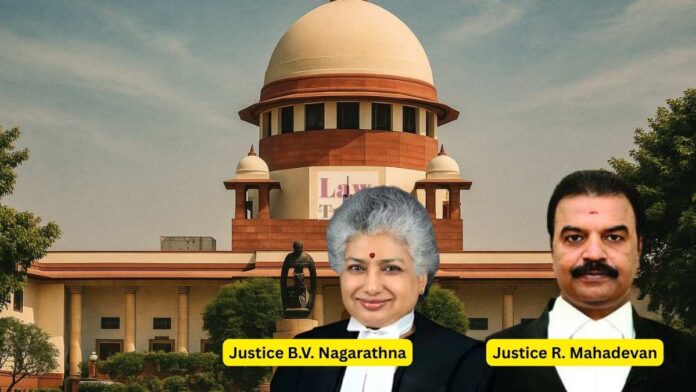The Supreme Court of India, in a significant ruling on criminal procedure, has held that a High Court, after dismissing a petition filed under Section 482 of the Code of Criminal Procedure (CrPC), becomes functus officio and does not possess the jurisdiction to review or recall its own order. A bench comprising Justice B.V. Nagarathna
To Read More Please Subscribe to VIP Membership for Unlimited Access to All the Articles, Download Available Copies of Judgments/Order, Acess to Central/State Bare Acts, Advertisement Free Content, Access to More than 4000 Legal Drafts( Readymade Editable Formats of Suits, Petitions, Writs, Legal Notices, Divorce Petitions, 138 Notices, Bail Applications etc.) in Hindi and English.




